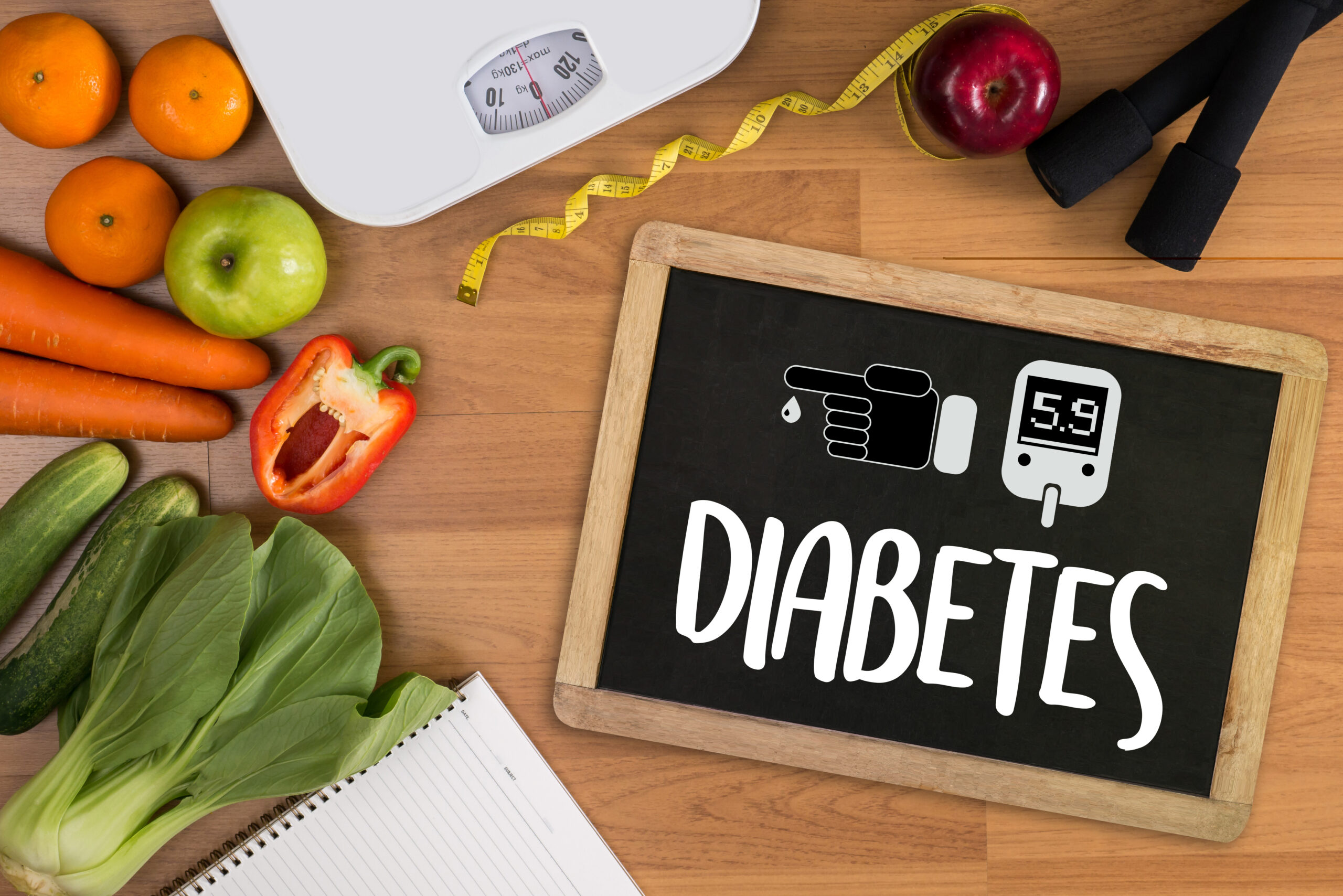Mr. Sam, a 45-year-old gentleman and marketing executive, was waiting in the lounge for his turn to meet the CEO of a corporate company. It was nearly 1 pm. The telephone in the reception started ringing. The receptionist attended the call.
“Mr. Sam! You may please enter….” she said, turning her face toward the CEO’s room. Sam got up and suddenly fell down unconscious. Everyone was shocked. The people around him came running. They were trying to do their best to wake him up. Someone sprinkled water on his face while another was trying to get him up, but in vain. It was an emergency.
Anambulancewascalled,andSamwas rushed to the nearest hospital. Sam was taken to the casualty. He was still unconscious. The doctors attended to him immediately and ordered a glucometer to check his blood sugar level. The glucometer showed 48 mg/dl. Yes! It was hypoglycemia. Soon he was given an intravenous dextrose infusion. After some time, he regained consciousness. The doctor asked, “Mr. Sam, how do you feel now?” Sam looked around.
“Don’t worry. Soon you will be okay. By the way, how long have you had Diabetes? Your blood sugar level was very low.”
Sam started replying. “Yes, doctor. I was diagnosed with Diabetes nearly eight years ago. But I’m on medicines. I’m taking insulin as well.”
The doctor asked for the names of the tablets and the dose of insulin and recorded it in the case sheet.
Doctor: “Did you take your medicines and insulin injection today?”
Sam: “Yes”
Doctor: “When was your last visit to the Diabetologist?”
Sam: “You know sir, I’m working as an executive. I have a hectic schedule. My last visit to my Dialectologist was nearly six months back.”
Doctor: “When was your last blood test done?”
Sam: “I don’t remember, but I am sure it was not under control.”
Doctor: “Do you experience hypoglycemia? I mean the low blood glucose feeling where you have symptoms like sweating, tremor, palpitation, headache, hunger, etc.?”
Sam: “Often, doctor. Most days I have had symptoms like these.
I used to manage it somehow. I used to drink a lot of water and feel okay after some time.”
Doctor: “Mr. Sam, it was hypoglycemia. But drinking water doesn’t help. By the way, what do you know about hypoglycemia?”
Sam: “Nothing much. I just know that the blood sugar levels go down.”
Doctor: “As a person with Diabetes, you should know more than this. Our Diabetes educator, Ms. Ria, will be able to help you regarding this. You should meet her before you leave.”
Sam went to meet Ms. Ria, the Diabetes educator. The nurse accompanying Sam handed over the file to Ms. Ria. She went through the case report and said, “Mr. Sam, you had hypoglycemia and fell unconscious?”
Sam: “Yes”
Ria: “So tell me, what do you know about hypoglycemia?”
Sam: “Nothing much. I want to know more about hypoglycemia as it is bothering me often. See, today I fell unconscious in an office while I was waiting for my turn to meet the CEO. I want to prevent it. I’m ready to do anything. Will you be able to help me?”
Ria: “Sure, Mr. Sam. I will help you regarding this. Are you aware that there are different types of tablets and insulin available for controlling Diabetes?”
Sam: “Not much.”
Ria: “Each of those medicines and insulin has different types of action. That is the reason why some of them cause hypoglycemia while others do not. Some of them may cause hypoglycemia if not taken as per medical advice. First, tell me, do you have your meals on time?”
Sam: “No. I travel most of the time and have meetings. My meal timings are erratic, and sometimes I skip my lunch.”
Ria: “Dear Sam, don’t think that by skipping your meals, your blood sugar levels will be controlled. Having ‘meals on time’ is as important as taking your medicines and insulin regularly. The role of the tablets and insulin is to decrease your blood glucose level. So, if you don’t have your meals on time, your blood sugar level will go below normal, i.e., 70 mg/dl, and will result in hypoglycemia.”
Sam: “But why did I faint today? I did not experience any symptoms!”
Ria: “If you have experienced frequent hypoglycemia, your body will eventually lose the ability to recognize the symptoms, also known as hypoglycemia unawareness. As a result, you may behave awkwardly or may fall unconscious.”
Sam: “Oh! Okay…. So what should I do to prevent hypoglycemia?”
Ria: “It is important to have your meals on time. Breakfast, lunch, and dinner are the ‘main meals’ and you should have them at the proper time and not skip them.
Sam: “Okay…. I will have my food as advised.”
Ria: “Next, take your medicines as per your doctor’s advice. If for some reason you skip your insulin and medicine, do not combine it with the next dose, as it may cause severe hypoglycemia.”
She continued, “Check your insulin sites regularly. If you notice lumps at the injection site, then change your injection site. Presence of lumps may also be a reason for hypoglycemia due to erratic absorption of insulin. Injecting insulin into the abdomen is the best practice.”
Sam: “Is it? I shall keep this in mind and follow your advice.”
Ria: “It is always better to carry glucose tablets or dextrose powder with you while you are traveling. If you experience symptoms of hypoglycemia, have a quick- absorbing carbohydrate like a banana or dates.”
Sam: “Yes, Ms. Ria. Now I have a clear idea of why I used to have frequent hypoglycemia. Thanks a lot for helping me. Let me try following your advice.”
Ria: “It was a pleasure helping you, Mr. Sam. Have a great day!”
Sam thanked the doctor who attended to him in the casualty and left the hospital.














